Exercise is better late than never for your heart

Research is proving that it’s never too late to start moving to improve your heart health. A recent study found very similar benefits from exercise for men who began exercising before age 30 and those who began after the age of 40.
Advertisement
Cleveland Clinic is a non-profit academic medical center. Advertising on our site helps support our mission. We do not endorse non-Cleveland Clinic products or services. Policy
In fact, Cleveland Clinic sports cardiologist Dermot Phelan, MD, PhD says, “As soon as you start exercising, you begin to see benefit in terms of a lower risk for cardiovascular events.”
In a recent study, French researchers looked at the effects of cycling and running on 40 men. The men were currently healthy and between the ages of 55 and 70 years old. They were divided for assessment according to their level of exercise and the ages at which they started to exercise.
Half of the men started running or cycling before they were 30 years old. The other half began running or cycling after the age of 40.
The men went through a variety of tests, including exercise testing, heart rate analysis and an echocardiogram (echo). An echo test creates ultrasound images of the heart structures and does an assessment of blood flow through the heart.
From these tests, the study found that both groups of men had similar benefits to their heart rates, blood pressure readings and overall heart health.
Even though there are biological changes as we age, the researchers say, the heart is able to improve its function when you begin to exercise after the age of 40. Researchers say these results support findings in similar studies and that it’s never too late—or too early—to become physically active.
Advertisement
Dr. Phelan agrees that it’s never too late to start exercising. But he notes that some people should consult with a doctor before starting an exercise program.
“If you are at high risk for heart disease, have any symptoms such as chest pains, shortness of breath, palpitations or lightheadedness, or a personal or family history of heart disease,” he says, “then it is a good idea to consult with a cardiologist experienced at treating athletes before you begin intensive cardiovascular exercise.”
He adds that if you have no health issues and are at a low risk for having heart disease, you can begin exercising at any time. He also cautions that you should start exercising slowly and work up to a more rigorous routine.
If you are over 40 years old and new to exercise, you should always listen to your body and take joint and back pain seriously. Researchers say that endurance training is also beneficial for bone density, muscle mass and cell health.
The researchers say that physical activity won’t prevent changes to the heart system, but that it is able to slow down changes. They went on to say that adding any level of exercise to your life can be beneficial to the heart.
Are you an athlete that has questions about your heart health? Visit our Sports Cardiology Center web site to learn more.
Advertisement
Learn more about our editorial process.
Advertisement

You can counter the risk of prediabetes-related heart attack or stroke by eating more fruits, vegetables and whole grains, as well as exercising regularly
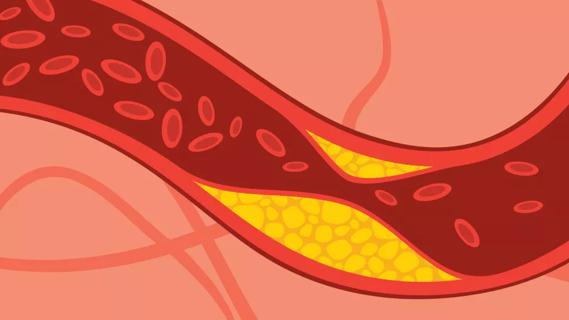
LDL cholesterol and lipoprotein (a) cholesterol are more likely to stick to your arteries and lead to dangerous heart events
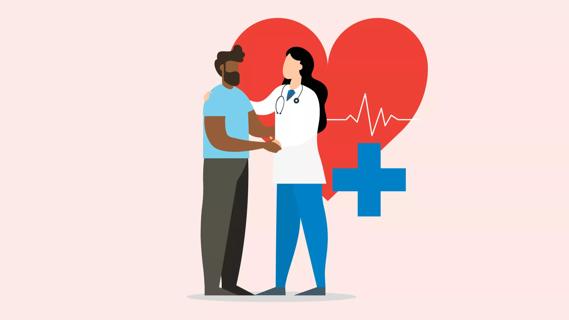
Having underweight, having overweight and having obesity can be dangerous for your heart
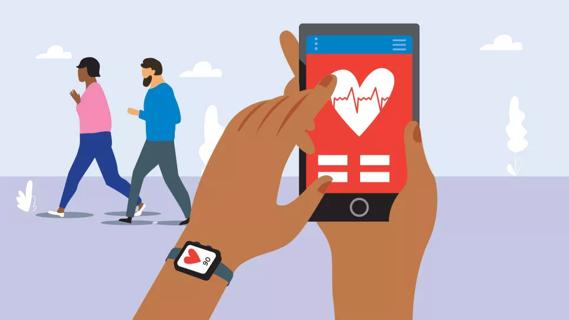
This technology can benefit your workouts by helping you hit your target heart rate, resulting in better overall health and wellness
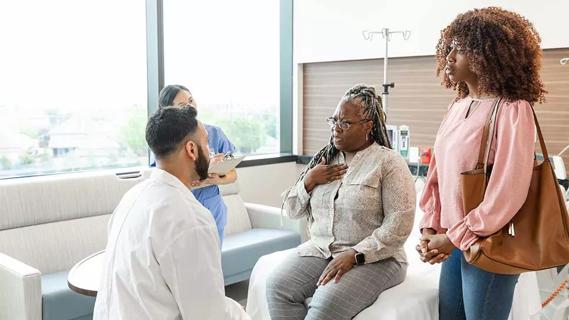
A resting heart rate below 35–40 beats per minute or over 100 beats per minute may be cause for concern

Your natural estrogen levels support a healthy heart by improving your cholesterol, increasing blood flow and reducing free radicals

Ground flaxseed is full of heart-healthy omega-3s, antioxidants and fiber, and easy to add to just about any recipe
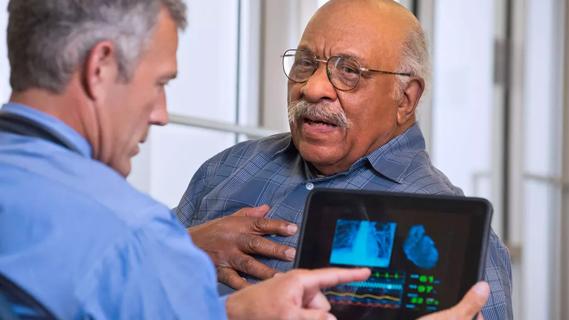
They’re rarely cause for concern, but you should still talk to a healthcare provider about your symptoms

Type 2 diabetes isn’t inevitable with these dietary changes

Applying a hot or cold compress can help with pain